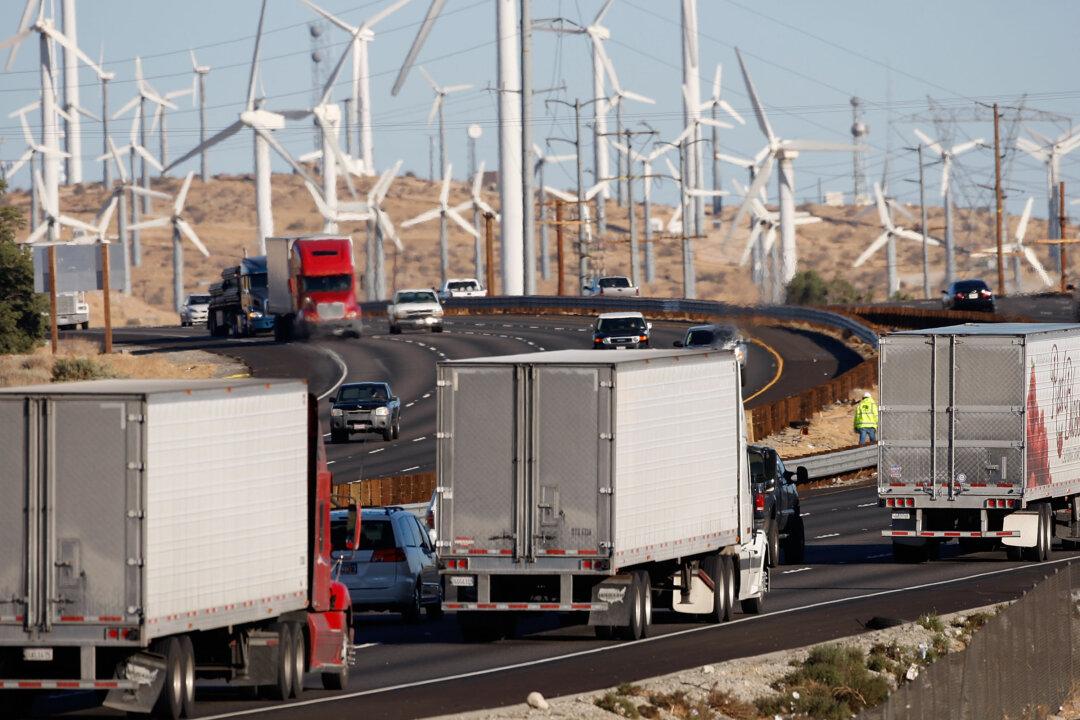Commentary
Any rational human being understands that poisoning our environment is short-sighted, stupid, and potentially suicidal.


Any rational human being understands that poisoning our environment is short-sighted, stupid, and potentially suicidal.